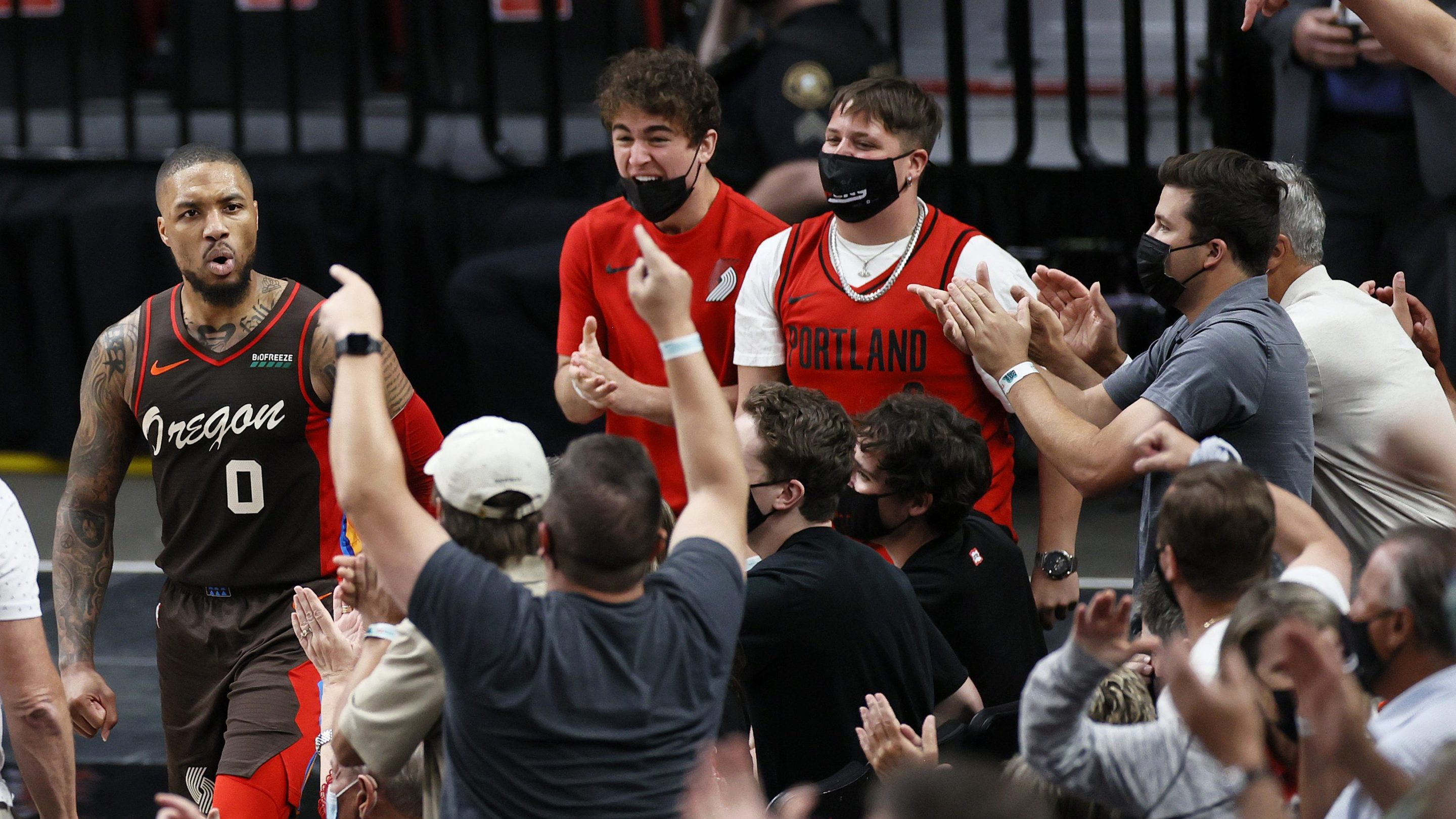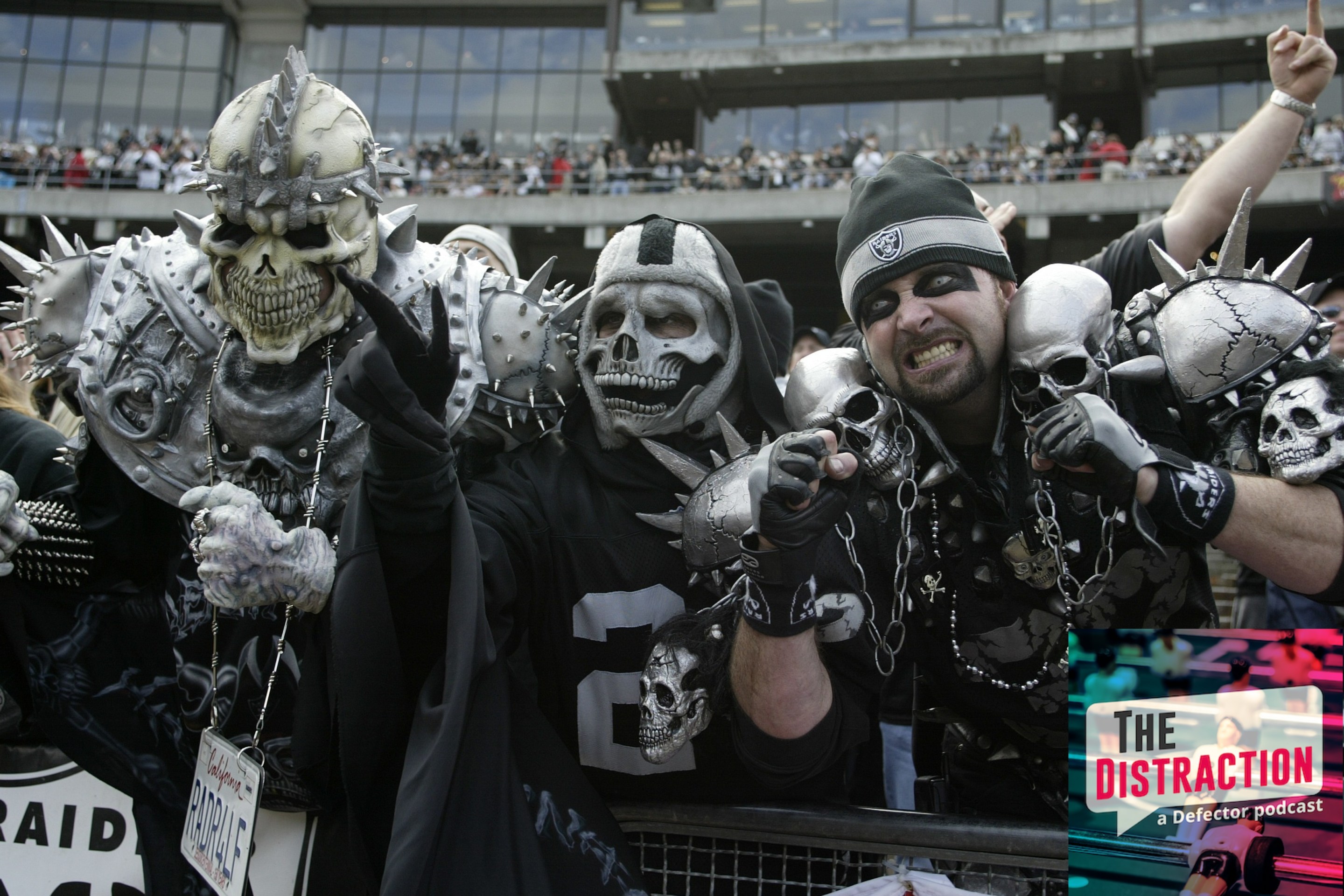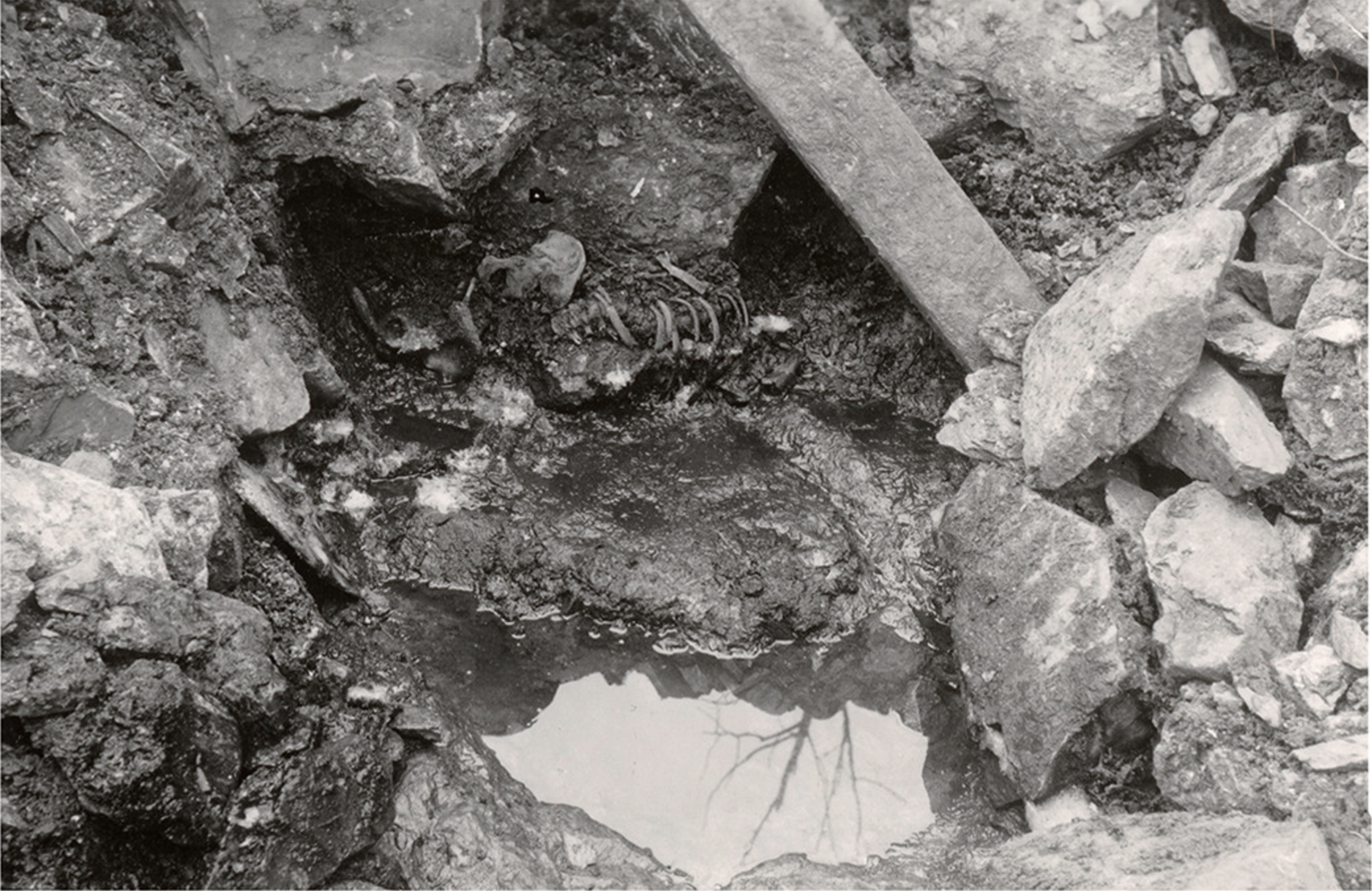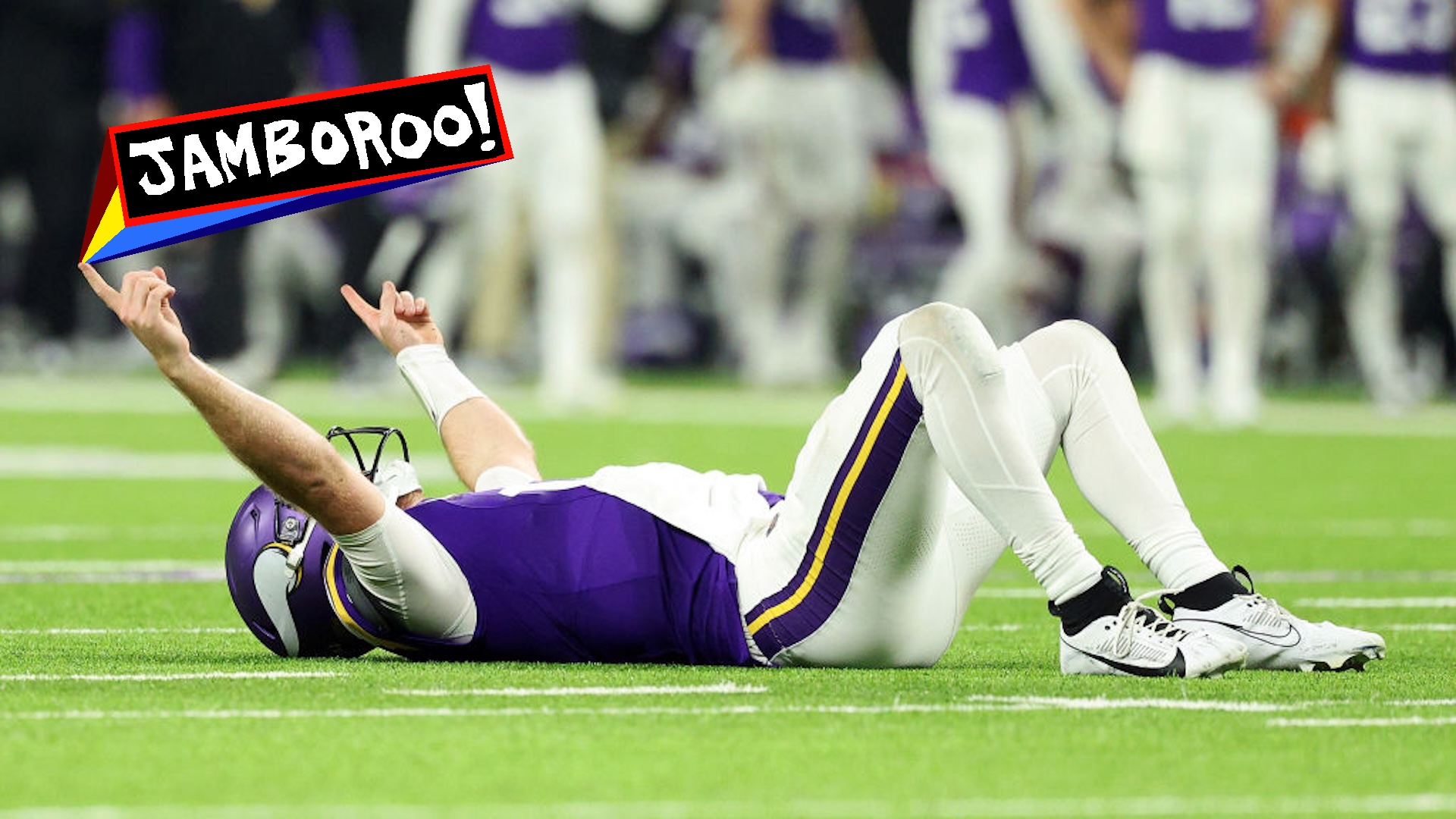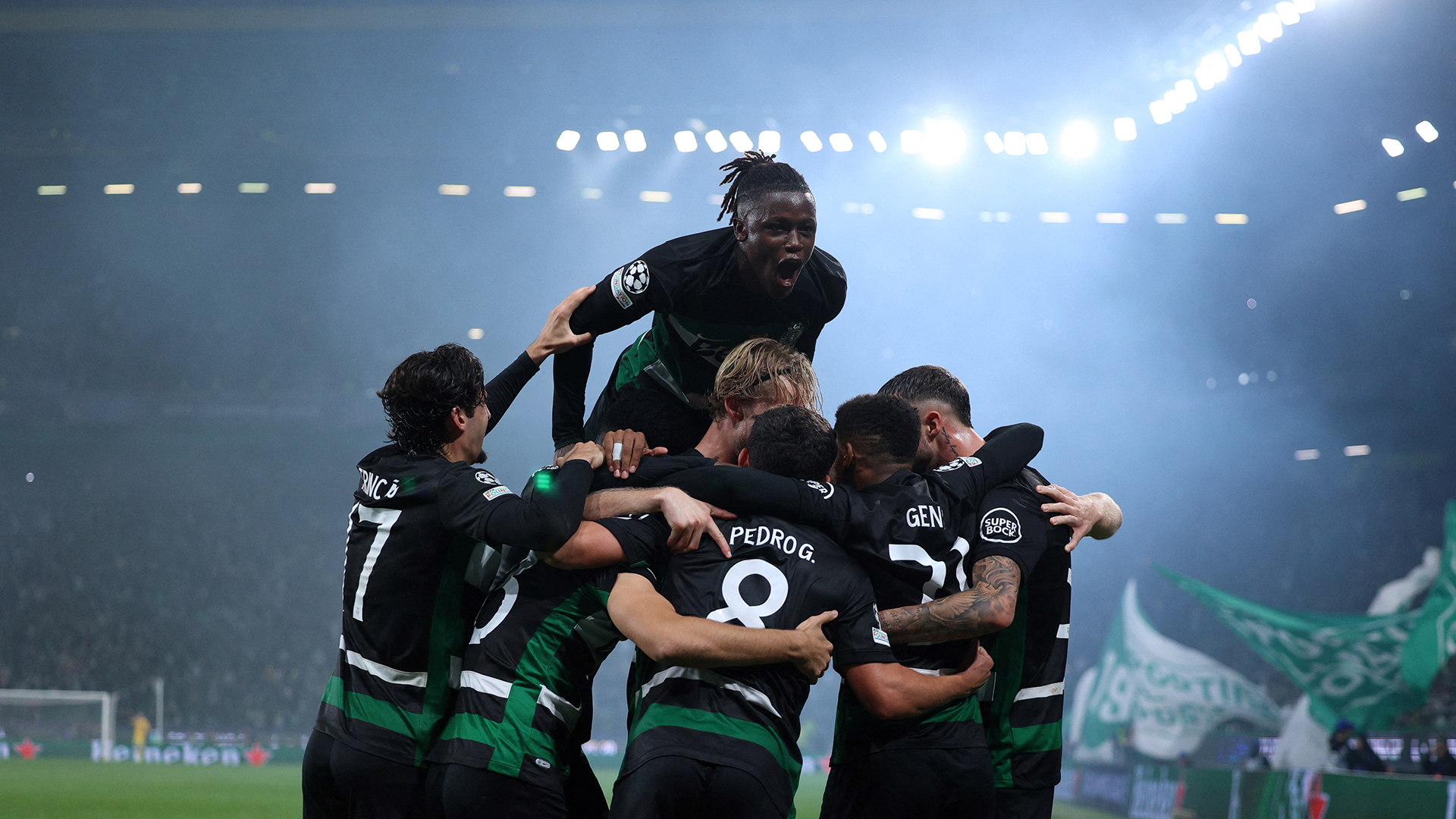The second half of Thursday night's Game 6 between the Denver Nuggets and Portland Trail Blazers was four minutes old, the Blazers had abruptly doubled their seven-point halftime lead, and I was thinking how terrifying it'd be for any team, but especially a Nuggets squad missing its ballsiest big-game shotmaker (Jamal Murray), to have to face this version of Damian Lillard in a Game 7. To that point in the game, he'd scored 19 points on fairly ludicrous .738 True Shooting, and the Nuggets pretty plainly couldn't guard him in any conventional way; two nights earlier, he'd hung up 55 and an NBA playoff record 12 three-pointers in Portland's Game 5 loss. This is the guy who hit a buzzer-beater series-ending three-pointer to eliminate the higher-seeded Houston Rockets in 2014; who pulled up from 30 feet in Paul George's face to boot the Oklahoma City Thunder into a full-on rebuild in 2019. How in the hell would the depleted Nuggets withstand this guy?
Let's back up for a moment. Michael Porter Jr., Denver's precocious 22-year-old forward, scored 22 of the team's 29 points in the first quarter. That's three more points than he averaged per game this season. He made eight of his 10 shots, including a bonkers six of his seven three-point attempts. It kept the Nuggets afloat in a period in which their MVP candidate, Nikola Jokic, picked up two personal fouls and had to go to the bench midway through, before he'd so much as attempted a shot. Backup Denver guard Facundo Campazzo (6.1 points per game in the regular season) scored seven of his 10 points in the first five minutes of the second quarter, and assisted another, while Jokic played himself into a rhythm after all that time seated. The big Serb took off after that; he scored 34 points the rest of the way, on .750 True Shooting. But the Nuggets were only alive to benefit from that because, in chunks, lesser dudes had stepped up to carry the load.
Broadly, Jokic's whole career has been like that. In large part that's a credit to him: He's the best passing big-man of all time and one of the very best and most unselfish passers and facilitators presently working in the NBA, which has always meant that whenever he couldn't supply the buckets directly—bulk scoring is a fairly recent development for him—he would just as comfortably make the job much easier for somebody/everybody else. But it's also, and no less, a credit to those other Nuggets: Jamal Murray and Will Barton (both unavailable last night), Michael Porter Jr., Monte Morris, sometimes Paul Millsap, and even Austin Rivers at a few critical junctures this season. Which is to say that it is also a credit to the front office that put those players around Jokic, and the coaches making decisions about rotations and schemes. No MVP is an island.
OK, so, back to Thursday night, with around eight minutes remaining in the second half and the Blazers up by 14 points, 82-68, and Lillard rocking and me wondering how on Earth the Nuggets would hope to keep him from killing them in what now seemed like an inevitable Game 7. Michael Porter Jr. had finished scoring for the night; over the game's remaining 20 minutes he'd attempt three shots and miss all of them. Campazzo had finished doing anything good at all; he played a measly two minutes and 40 seconds of the rest of the game, long enough to attempt zero shots but plenty of time for him to commit three personal fouls—two of them within six seconds of each other. It didn't matter all that much. Jokic was rolling. He banked in a one-legged fadeaway; he finished a series of gorgeous pivots in the center of the lane with an and-one flip shot that seemed to break opposing big man Jusuf Nurkic's brain; he cruised down the right side of the lane to receive a nice pass from Monté Morris and, mirabile visu, threw down a two-handed dunk over Carmelo Anthony, who looked as surprised as anybody else. He splashed a pull-up three in Nurkic's face. He worked out a nice tandem rhythm with Morris; they scored 39 of Denver's last 58 points between them, and dished seven of Denver's last nine assists. He kicked ass, and played like the MVP.
As for the Blazers, their lead never grew larger than 14; in fact they pissed the whole thing away, lost the game's final 20 minutes by 25 freaking points, lost by 11, and were eliminated from the playoffs. Plenty of stuff accounts for that. The Blazers' defense collapsed into cheap fouls and flat-footed work on the interior; weirdly, they kept hounding Morris with two defenders when he dribbled around Jokic ball screens—leaving Jokic, the league's best offensive player by miles, totally alone—and then Morris would pass the ball to him and he'd have an acre of open space to survey the floor and shoot or pass or rumble into the lane. Nurkic, the only halfway credible big man the Blazers could throw at Jokic, supplied the handful of dismal boneheaded plays for which he can be counted on in any big game, including a hilariously avoidable charging foul (his fourth personal) that sent him to the bench with two minutes left in the third and allowed Jokic to feast on the helpless Robert Covington in the post. Portland's ponderous, conservative half-court offense, as it so often does, melted into sludgy indecision, burning up shot clock after shot clock on aimless go-nowhere noodling at the top of the key. They got doubled-up in rebounds from the time Nurkic committed that charge through the final buzzer. Austin Rivers defended his ass off and hit a couple of huge buckets. Signs and wonders. Et cetera.
None of that might have mattered had Lillard not run out of gas. He paced himself through the third quarter, largely facilitating on offense and pretty plainly reserving his energy for Dame Time—only there turned out not to be any energy in reserve. In the fourth he shot 1-for-6 from the floor, 0-for-3 from three, and scored five points—two nights after shooting 10-for-13 from the floor, 7-for-9 from three, and scoring 28 points between the end of the third quarter and the end of double-overtime. He left a desperate end-of-shot-clock 27-footer short; he drove left into Porter, didn't have the legs to elevate toward the rim, and doinked a hopeless scoop shot high off the glass; he got some rare open space coming around a ball screen, and instead of pulling up behind the arc—I would have bet my left arm he was going to pop the three—he dribbled to the elbow and unsuccessfully tried to draw a shooting foul on Rivers, a very weird and un-Dame play. Reach for some kind of "choking" explanation for this at your peril: We're discussing perhaps the single most ruthless and fearless late-game killer in a generation. He simply ran out of gas against a good team that did everything it could to deplete his tank.
And none of that might have mattered, were the Blazers the kind of team that could even merely stay afloat with their star guard playing like anything less than a comic-book superhero. A couple of weeks ago, in our playoff preview blog, some idiot wrote that if the Blazers had any chance of winning this series it'd be because Lillard "shoots flames out of his eyes and levitates around the arena terrifyingly and they have to call for an exorcist but then he points an imperious finger at the exorcist and the exorcist disintegrates and Lillard is all like Hoo hoo ha ha ha, kneel before me, puny mortals, and averages 45 a night on like .720 True Shooting." What's funny is, he very nearly did that! His Game 5 performance was genuinely astonishing and featured some of the greatest scoring heroism I've ever seen—and when he scored at a 45-point pace in the first 28 minutes of Game 6 (on .738 True Shooting!), it was enough to stake the Blazers to a healthy lead. Then he needed what Jokic got in the first half: for some other guys to keep the ship afloat for a little while. Not to outscore the Nuggets for a game, or a half, or even to outscore them at all, but to do just enough to hold a 14-point lead—to simply get outscored by 13 points or less over 20 minutes of play, to keep their season alive. Instead they lost those minutes by 25 points.
It's only a little bit of an exaggeration to say that Damian Lillard's whole career has been like this: When he is superhuman, the Blazers are good enough to have hope, and when he is not, they are straight roadkill. As the same idiot wrote in that NBA preview blog two weeks ago, this is no grand tragedy: The Blazers have qualified for the postseason eight straight years and won four playoff series in that time, Lillard has made six all-star teams and five all-NBA teams and is certainly destined for the Hall of Fame, and that's all wonderful and certainly more than any Blazers fan had any right to demand when the team drafted a diminutive 21-year-old point guard out of Weber State. But he's 30 now, a very small nine-year veteran who has been carrying a franchise that whole time, and he will only be capable of supplying what's already only just barely enough for only so much longer. It's probably great to be a hero; I wouldn't know. I know it's pretty nice not to have to be a hero all the time.
